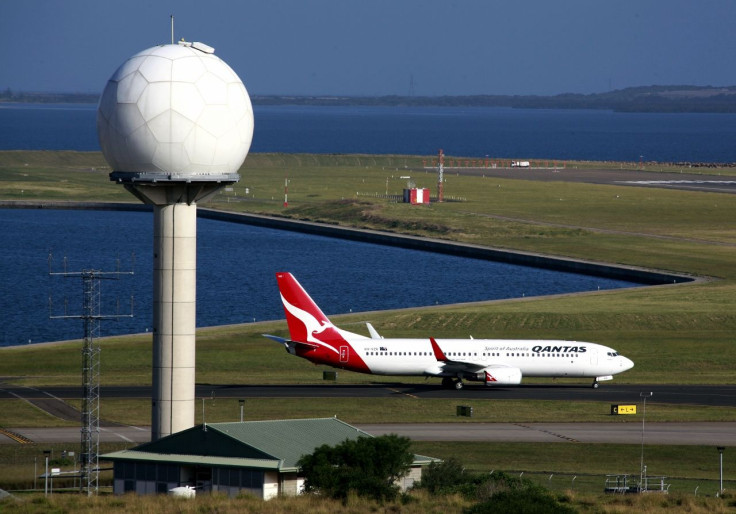Qantas Under ACCC’s Radar Over Alleged Misleading Fuel Surcharge Use

Australia’s flag carrier Qantas Airways Limited is currently under the radar of the Australian Competition and Consumer Commission, or ACCC, over its alleged deceptive representations on fuel surcharges. Qantas on Tuesday announced whatever savings from fuel surcharges triggered by the plummeting prices of oil in the world market will be folded into its base fares.
Qantas said international airfares will include fees and fuel surcharges as one base fare, and that no price reductions will happen. This will be incorporated in its advertising campaign gradually, it said. However, fuel surcharges from some Frequent Flyer redemption tickets will be slashed by as much as up to $130.
Still, the ACCC didn’t find it well that the airline will keep fuel surcharges on award redemption tickets. Rod Sims, ACCC chairman, said Qantas needs to do a lot of explaining because their plans look to produce “a serious amount of money… I think there are some questions here that remain to be answered." Nick Xenophon, an independent senator, said any charge related to fuel should be falling, and not otherwise.
Qantas’ frequent flyer point redemption tickets to the United States, Asia, South America and South Africa will be lowered by an average of 14 percent. Still, according to the Sydney Morning Herald, the remaining fees continue to be expensive, with a ticket from Australia to the mainland U.S., based on surcharges for economy and premium fuel economy, will still cost between $680 to $570 for frequent flyer redemptions.
"If you buy a fare then the amount you pay for the fare is not changing," the Sydney Morning Herald quoted Sims. "If you are a frequent flyer though, the surcharge has had the effect that when you redeem your frequent flyer points, you don't get the fare for nothing. You have still got to pay the fuel surcharge."
Alan Joyce, Qantas CEO, said the airline’s international airfares had actually dropped in 2014 by six percent. "[Fares have] come down every year for the last five years," he said.
A decade ago, global airlines started introducing fuel surcharges when prices of oil went on an uphill climb. They then became a stable feature in the aviation market. But prices of the same commodity have been on a downhill, that experts and consumers demand it’s high time the airline scrap the surcharge. Data from the International Air Transport Association revealed jet fuel prices in Asia and Oceania alone have dropped 47 percent over the past year.





















